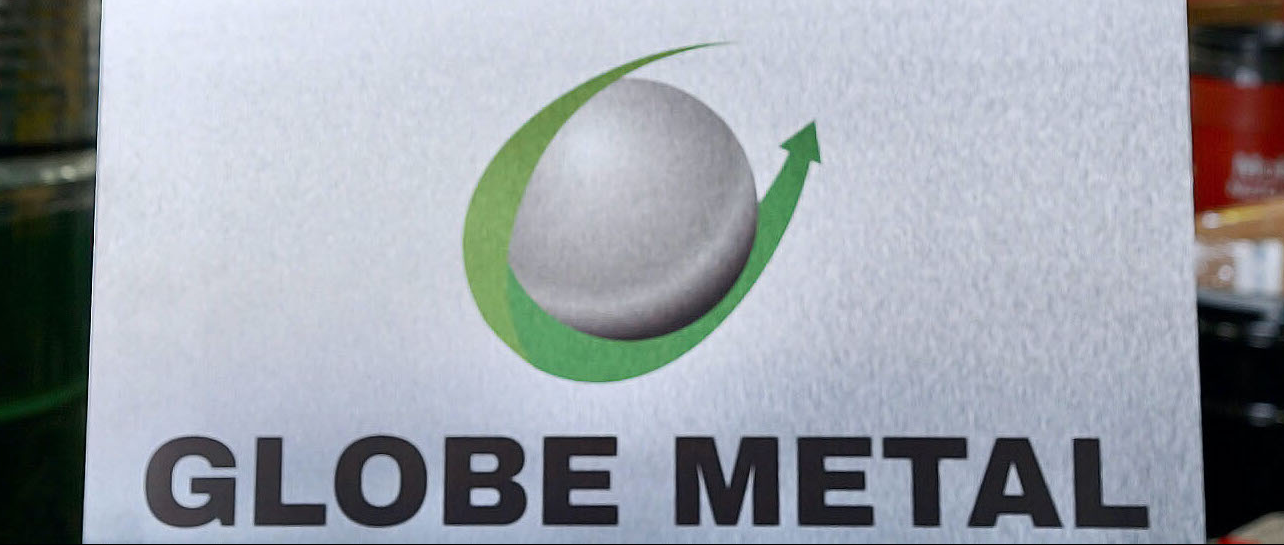
Today, consumers and companies are seeking new ways to respond to the growing demands of taking responsibility for their supply chains. The International Chamber of Commerce (ICC) defines responsible sourcing as a supply chain responsibility – a voluntary commitment that takes into account social and environmental considerations when managing relationships with suppliers. The importance of responsible resourcing is becoming more critical as companies access environmental and social performance beyond their operations.
Responsible sourcing with minerals focuses principally on so-called conflict minerals regarding human rights. The criteria of these social aspects are identified as child labour, working conditions, environmental practices, safety, and human rights. Conflict minerals include Tantalum, Tungsten and Gold (known as “’3TG.”), and the Organization for Economic Co-operation and Development (OECD) is considering adding Cobalt and Mica. According to the OECD, industries most prone to ”conflict minerals” are electronics, communications, aerospace, automotive, jewelry, and industrial products. Responsible sourcing can also be considered an umbrella term whereby socially responsible sourcing is the combination of environmental, sustainability, and socio-economic aspects.
Metal Recycling results in better resource efficiency and reduction in imports of conflict minerals and critical materials.
There are industries, for example, producing electronics and electronic equipment, along with renewable energy technologies, all showing a significant increase in demand for their end products. Companies, therefore, are being confronted with two main developments.
- Strategic minerals like critical minerals (like rare earth elements or other scarce raw materials) and conflict minerals are essential in the production of products in these industries. These companies are challenged to secure a steady supply of material, which end up being critical and conflict raw materials.
- As the demand and production grow with these consumer goods, so do the growing waste streams.
Recycling as an additional source option addresses both of these developments, making it possible to integrate raw materials out of steadily increasing waste streams back into the production process. A recycled material, when put back into the production stream, contributes to the reduction of greenhouse gases. It limits the consumption of virgin resources and the environmental impact of mining extraction and production. The other important factor when using recycled metal materials in the production process is that they allow for more transparency, enabling supply chain partners to avoid tiresome reporting rules and regulations when sourcing conflict raw materials.
There are many benefits when using green sourcing strategies.
Responsible resourcing goes a long way to improve social and environmental practices across many industries and production chains. Green sourcing is most beneficial when considering the high prices of virgin materials and the high demand uncertainty. Studies are showing the effectiveness of green sourcing strategies vs. standard sourcing without using recycled materials. Results from these studies are showing improved economic performance and the reduction of negative impacts on the environment. Manufacturers need to understand that using recycled metal materials achieves significant cost savings and emission reductions when compared to the standard sourcing approach.
Ready to give green sourcing a try? Alternatively, are you looking to recycle your metal? Our sales team can answer any questions you have. Give us a call at 1-800-700-6382 or send us an email at sales@globemetal.com.
Globe Metal is a proud member of Minor Metals Trade Association.


